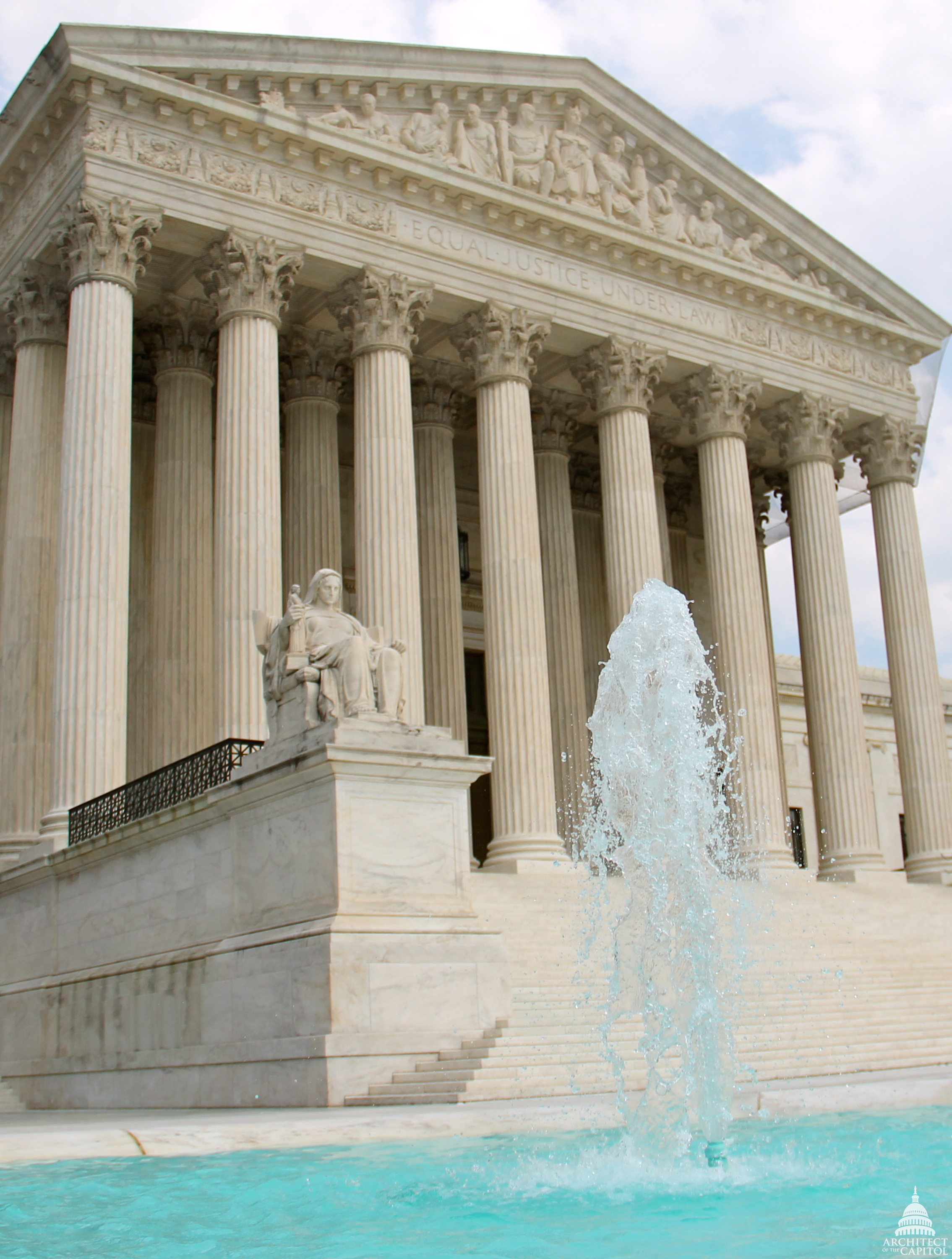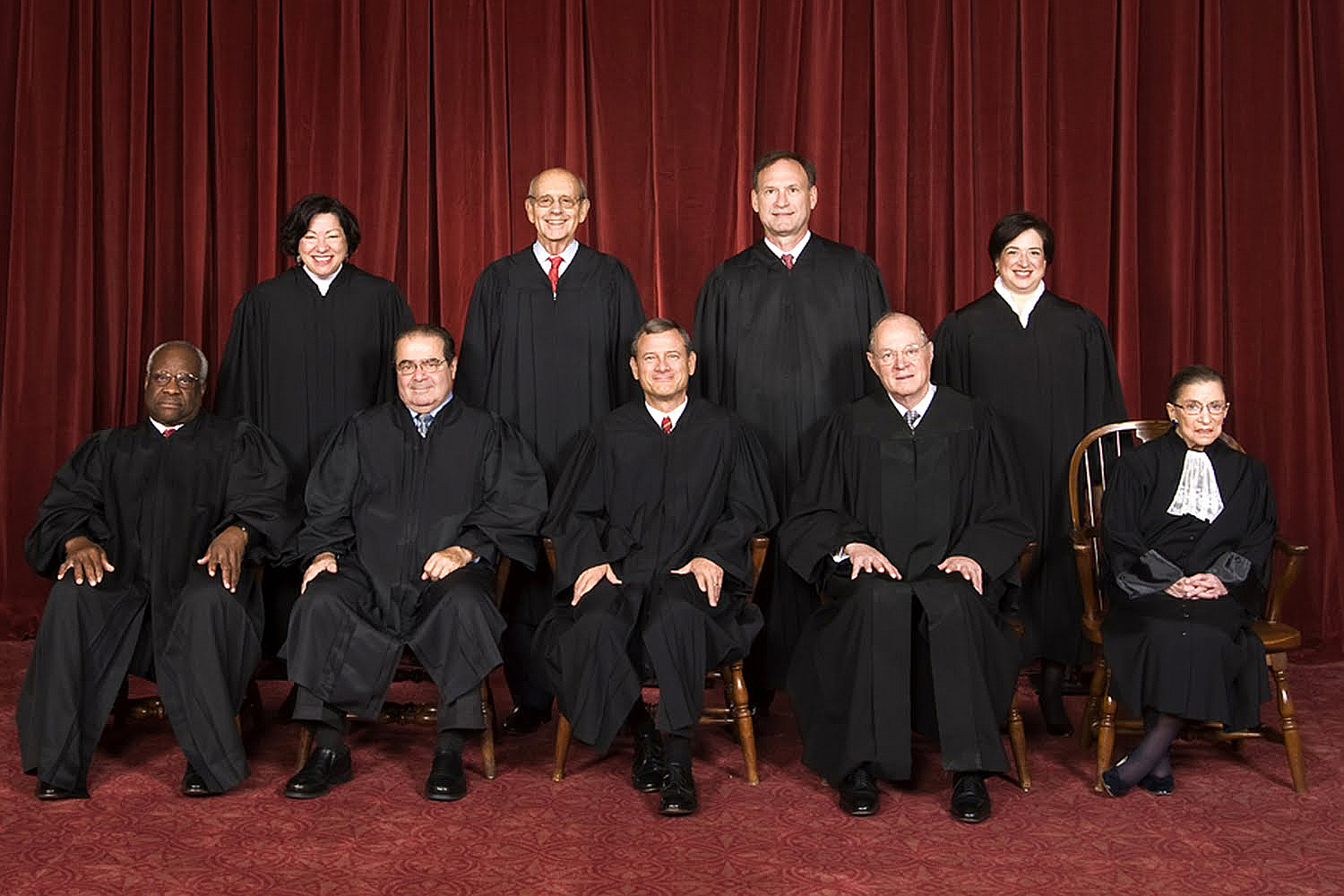What Your Church Needs to Do in Response to the Supreme Court’s Ruling
 Many people are asking what they need to do in the wake of the U.S. Supreme Court’s same-sex marriage decision last Friday. First and foremost is protect people from the ruling’s most immediate, negative consequences.
Many people are asking what they need to do in the wake of the U.S. Supreme Court’s same-sex marriage decision last Friday. First and foremost is protect people from the ruling’s most immediate, negative consequences.
Alliance Defending Freedom has produced some excellent material for churches if their First Amendment religious freedoms come under attack.
For starters, Alliance Defending Freedom highlights seven things every church needs in its by-laws. They are:
- A Formal Membership Policy
- Procedure for Member Discipline/Membership Revocation
- Procedure for Rescinding Membership
- Job Descriptions and Religious Grounds for Limiting Employment Opportunities
- Statement of Religious Belief Regarding Marriage
- Identify the Governing Body that is the Sole Authoritative Interpreter of Scripture
- Due Diligence Requirement for all Volunteers and Staff Who Work with Children
ADF also offers suggested wording for a statement of faith regarding marriage as well as some of the policies listed above. You can read it here.
Additionally, Alliance Defending Freedom recommends every church adopt a policy governing facility use; this may decrease the possibility of a church or religious organization being forced to open its property for an activity it finds objectionable. You can read ADF’s suggested facility use policy here.
Why is This Important?
It is important for churches to articulate their biblical views of marriage and sexuality as well as the role their staff and volunteers play in the church’s ministry. If a church is sued because, for example, the church refused to make its property available for a same-sex ceremony, a clear statement of faith regarding marriage coupled with a facility use policy can help verify the church is simply seeking to operate according to its sincerely-held religious beliefs.
Just as important as adopting policies, however, is consistently following those policies.
These resources cannot prevent a church or religious organization from being singled-out for its religious principles, but they may provide additional layers of protection.
You can find these and other resources for free on Alliance Defending Freedom’s website.



